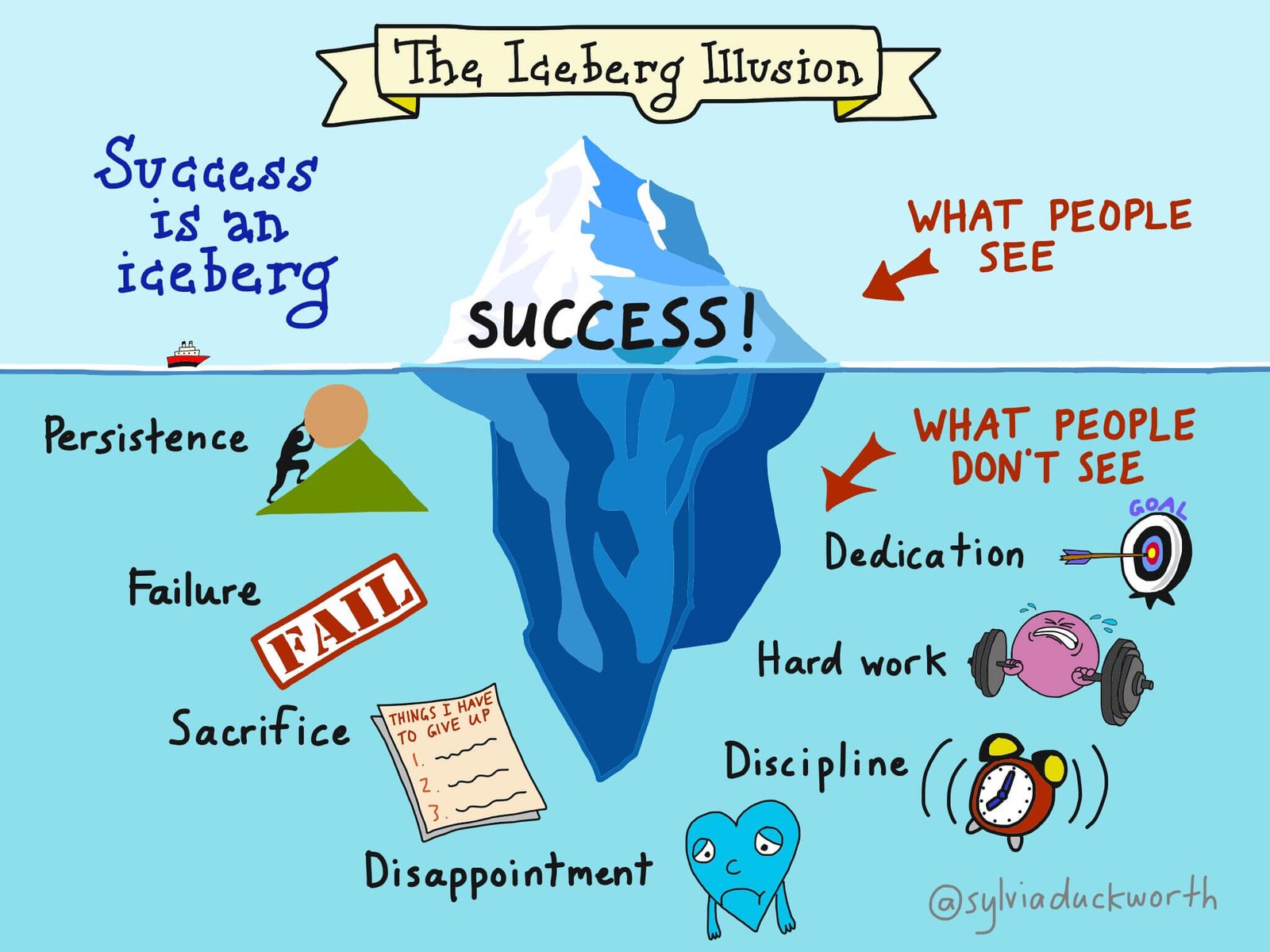Beating Boundaries to Consistency
Beating Boundaries to Consistency: Consistency is often the key to achieving long-term success. Whether you are working toward personal growth, professional achievements, or improving your mental and physical health, staying consistent can be challenging. Life is filled with distractions, setbacks, and moments of doubt; however, overcoming these boundaries to consistency is crucial for reaching your goals. In this article, we will explore common barriers to consistency and effective strategies for beating these boundaries, helping you stay focused and motivated. 1. Understanding the Underlying drivers of Irregularity: Before we tackle how to conquer hindrances, it's essential to initially comprehend the reason…



